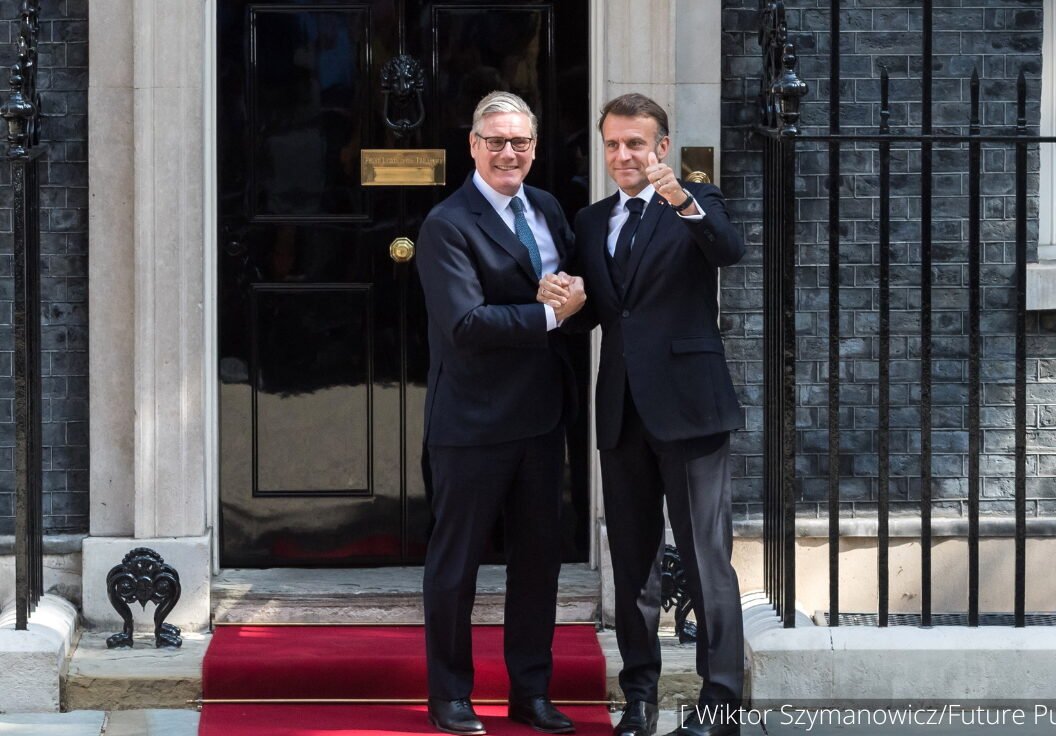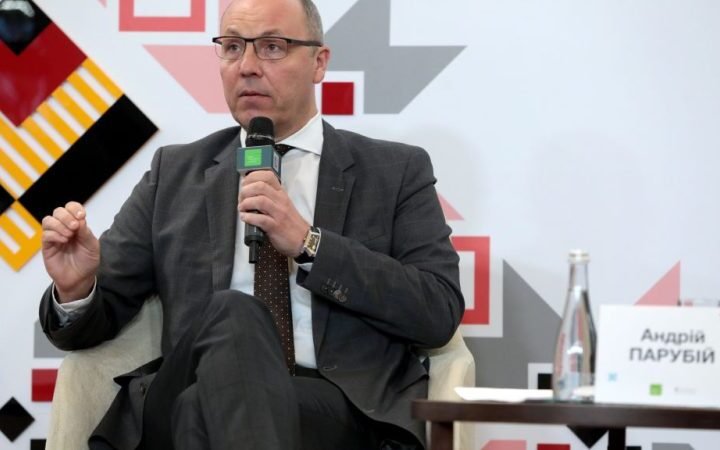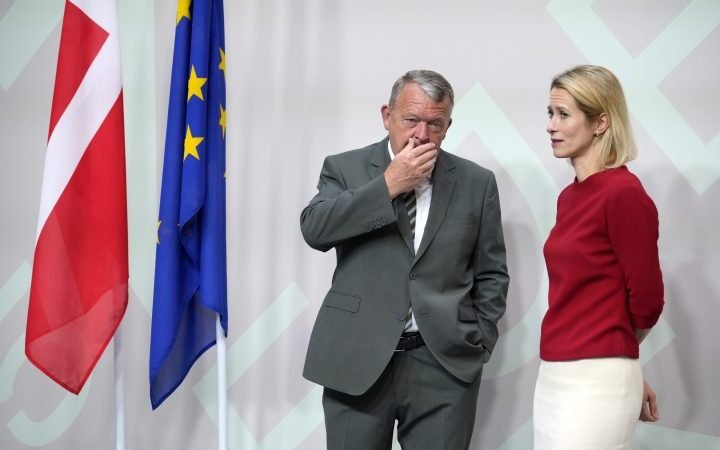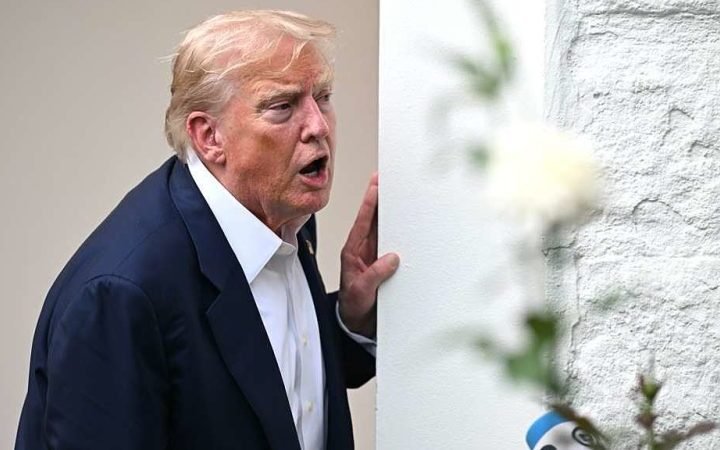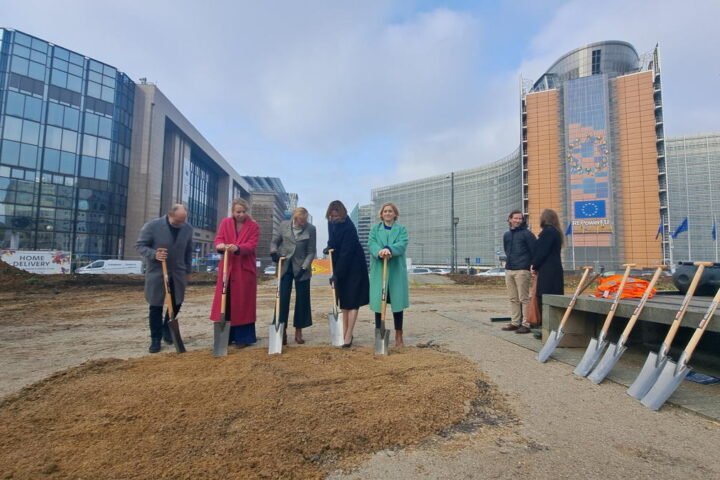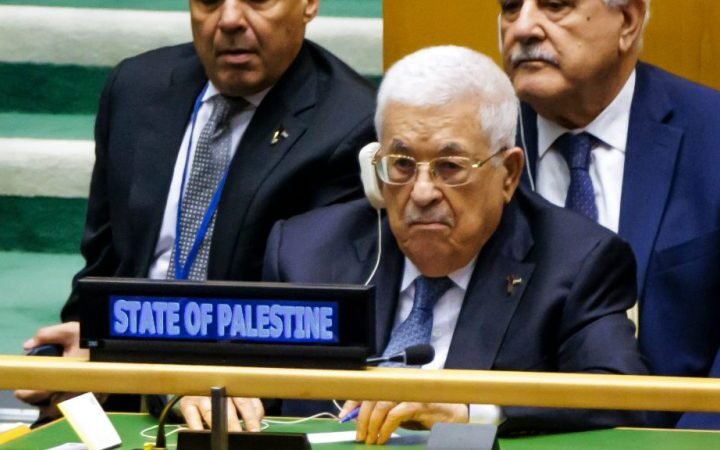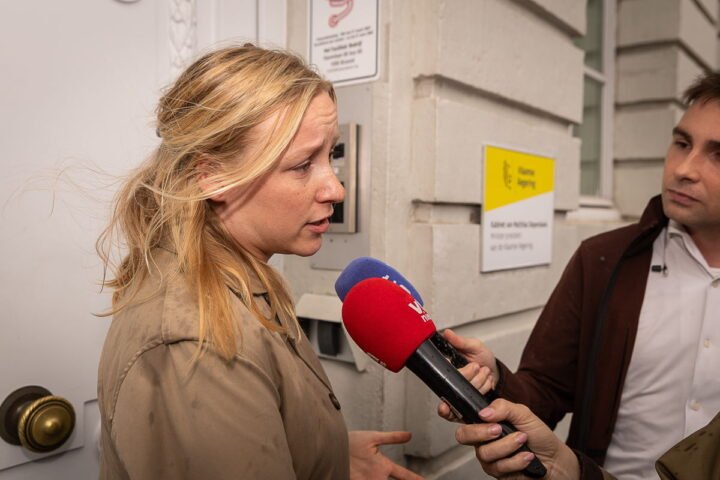Donald Trump told NBC on Thursday that the EU and Canada would receive letters with their new tariff rates “today or tomorrow.” Overnight, the US president posted Canada’s letter on social media, announcing a general 35% tariff. There is currently no sign of the letter to the EU.
Emmanuel Macron and Keir Starmer unveiled a long-awaited “one in, one out” migration deal on Thursday, placing the European Commission in a challenging position. Southern member states, including Italy, Spain, Malta, Cyprus, and Greece, have written to the EU executive, warning against bilateral migration pacts with the UK. They fear being left to address the human consequences as Britain ships asylum-seekers back to France.
According to Starmer, migrants arriving in the UK via small boat will be “detained and returned to France in short order.” For every individual deported or sent back, another person “with ties to the UK” will be allowed to enter the country from France. The scheme is set to launch in the coming weeks as a pilot, although full details remain undisclosed. Macron indicated it would be signed “as soon as legal verification procedures have been completed, including those involving the European Union.”
The Commission has maintained a position of strategic ambiguity, avoiding direct comments on the UK-France rapprochement. It remains unclear how long it can overlook the divide between northern and southern EU member states. Last year, France’s interior minister and Germany’s counterpart drafted a letter urging Brussels to pursue an EU-UK migration pact, although it was never sent. Mediterranean countries remain skeptical.
As the deal has developed, a Commission spokesperson reiterated that it is “working with France and the UK” alongside other member states to support solutions “compatible with the spirit and the letter of EU law.” The question remains whether the Macron-Starmer plan fits within those solutions. The Commission did not provide a response.
On another front, farmers are gearing up for protests in Brussels on July 16, targeting proposed cuts to EU farm subsidies and the Commission’s plan to consolidate agriculture and cohesion funding into national “partnerships” managed by member states. These demonstrations, organized by European farmers’ groups, coincide with the unveiling of the Commission’s initial proposals for the EU’s next long-term budget.
EU ambassadors are scheduled to discuss today an options paper outlining potential measures against Israel, drafted by the bloc’s diplomatic service. The paper reportedly lists multiple options including a full or partial suspension of the EU-Israel trade pact, sanctions against Israeli ministers, military personnel or extremist settlers, trade restrictions, and a potential arms embargo. However, most proposed measures require unanimous agreement, and progress appears unlikely, as member states remain divided.
Meanwhile, the EU’s top diplomat has reached a temporary deal on aid to Gaza with Israel. Some EU diplomats speculate that this agreement may delay discussions on sanctions during the next foreign ministers’ meeting. In contrast, 27 former EU ambassadors have called for pressing heads of European institutions to halt trade preferences and cooperation with Israel, regardless of a potential ceasefire.
The European Commission is also reevaluating its approach to foreign aid, now planning to allocate funds to bolster investments that serve the strategic interests of the EU, rather than focusing solely on poverty alleviation. This pivot includes the possibility of granting funding to private companies to foster investments abroad without a competitive tender process.
In Germany, a parliamentary review has been initiated regarding the nation’s COVID-19 response, which has garnered cross-party support, excluding the far-right AfD party. In Italy, the government has announced plans to enhance defense cooperation with Ukraine, while Portugal has greenlit the sale of an initial stake in its national airline, TAP. Additionally, Czechia’s intelligence agency reported Russian covert operations resulting in minor security incidents, and Poland contested a €68 million deduction from its EU funds connected to a coal mine.
These developments highlight ongoing tensions and varying strategies across EU member states, as leaders navigate complex political landscapes and international commitments.
According to reports, these evolving situations reflect the intricacies of EU governance and the challenges member states face in aligning national and collective interests.
As the EU grapples with these internal dynamics, the outcomes of decisions made in the coming weeks will likely have lasting implications for both domestic policies and international relations.
